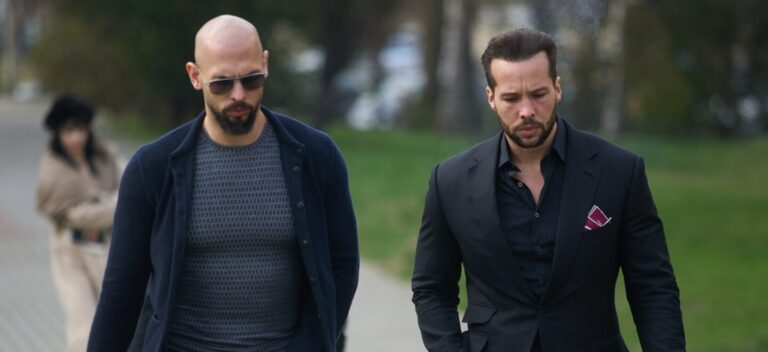Landmark case extends the law in abuse cases against the Church
“For centuries the Church has encouraged lay persons to look up to (and indeed revere) their priests. The Church clothes them in clerical garb and bestows on them their title Father, a title which Father Clonan was happy to use. It is difficult to think of a role nearer to that of a parent than that of a priest. In this circumstance the absence of any formal legal responsibility is almost beside the point.” Lord Justice Longmore in Maga v The Trustees of the Birmingham Archdiocese of the Roman Catholic Church [2010] EWCA Civ 256
In a landmark judgment today the Court of Appeal dealt a body blow to the Catholic Church and – by extension – any other religious institution whose priests and pastors sexually abuse children.
In the case of Maga v Birmingham Archdiocese of the Roman Catholic Church, the claimant, now aged 46, recovered damages of £32,500 in the appeal court. His claim arose out of sexual abuse at the hands of Father Clonan, a Catholic priest at the Church of Christ the King in Coventry when Mr Maga was 12 years old.
Last year Mr Maga lost his case in the High Court. The Church said that whilst it would accept responsibility for one of its priests abusing an altar boy or a member of the Church’s congregation, it couldn’t owe a duty to everyone else. Mr Maga was not a Catholic, nor was he a member of the Church. He came into contact with Father Clonan because he lived nearby and one day was admiring his car. The High Court ruled that the Church could escape responsibility as it did not owe a duty of care to the public at large.
Mr Maga appealed and judgment in his case was given by the Court of Appeal today. He has been vindicated in what must have been a real ordeal: Like many survivors of abuse he first came to terms with what had happened to him on seeing a television programme back in 2003 in which it was reported that another man had obtained compensation for abuse by Clonan. He then got in touch with the police, and then solicitors to take his case for compensation through the courts.
But whilst an individual victory for Mr Maga, his case effectively extends the law for the benefit of all claimants pursuing similar actions.
Father Clonan was a prolific paedophile. He befriended the boy that Mr Maga was in order to groom him for sex and abuse him. Clonan employed Mr Maga to clean his car, the presbytery where Clonan lived, and other houses that he owned. He invited him to a youth disco which Clonan ran for all comers. In overturning the initial court’s judgment, the Court of Appeal has extended the duties of a priest – and thus the Church – to anyone who has been abused, not just a Catholic. Their Lordships pointed to the facts of the case – that Clonan was dressed as a priest when he met Mr Maga, he was known as “Father Chris” to everyone, and the Church held him out as someone with authority. He developed a relationship with Mr Maga “under the cloak or guise of performing his pastoral duties”. And whilst much of the paid work which the boy subsequently did for Clonan was not connected to his priestly role, the role nevertheless “gave him the status and opportunity to draw the claimant further into his sexually abusive orbit by ostensibly respectable means connected with his employment as a priest by the Church”. As a priest it was part of Clonan’s role to befriend non Catholics, and spending time alone with them was part and parcel of the job.
“In a sense [Clonan was] never off duty” said the Master of the Rolls, giving the leading judgment in the Court of Appeal. And this is why the case is such a landmark. A priest’s pastoral role now extends to everyone they meet. Their Church given authority to counsel and support – if used subversively to abuse – is the way that paedophile clerics can operate undetected for so long. Any abuse of children by a priest or a pastor will be seen by the courts as closely connected to their employment; and it is the Church’s insurers who will have to pick up all the pieces.










